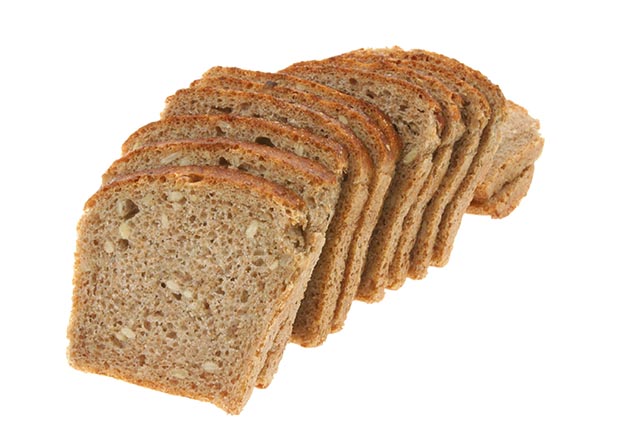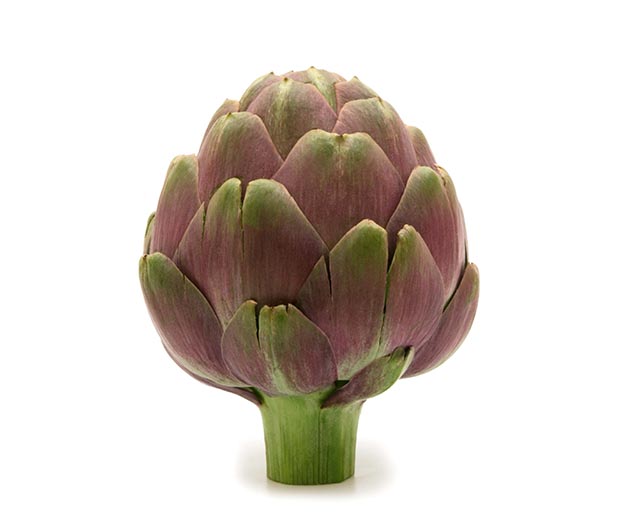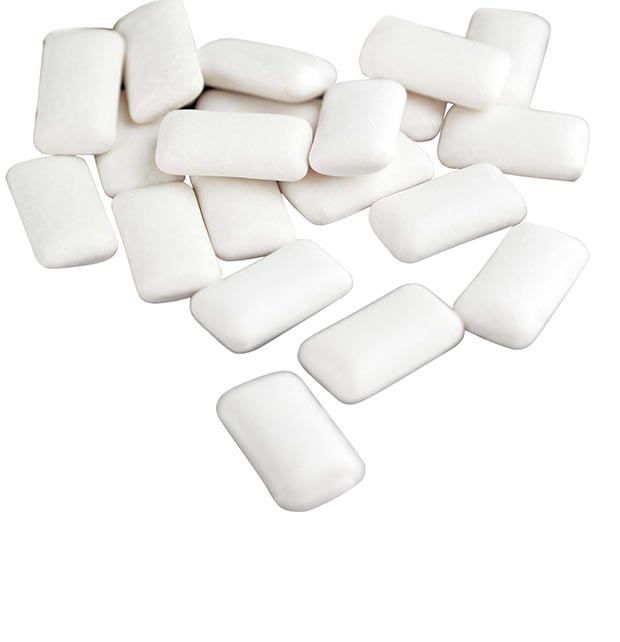Dr Libby’s guide to good gut health

You’ll know when your digestive system is working the way it should.
Words: Dr Libby
When it comes to optimal health and energy and even your mood, there is an often-forgotten and neglected part of the body that plays a critical role – the gut. While not the body’s most glamorous part, the digestive system is the foundation of our well-being as it is involved in so many processes. Extensive research over the past few decades exploring the role of gut health has revealed that a dysfunctional gut can be a factor in a wide range of diseases including obesity, autism spectrum disorder, depression and chronic fatigue syndrome.
CHEW, CHEW, CHEW
When making changes to optimize your gut health, improving digestion is a key place to start. The first step to take is to chew your food well. So many of us are in such a hurry with our meals that we might chew each mouthful four times if we’re lucky. It’s time to slow down and chew. Put down your fork between each mouthful and engage in conversation. Chew your food and swallow it before you take the next mouthful. Observe whether this improves how your tummy feels after eating.

UNDERSTANDING DIGESTION
Once food has been somewhat broken down in the stomach it moves through the pyloric sphincter, a one-way valve leading into the duodenum which is the start of the small intestine. While food is in the stomach, messages are sent to the pancreas to secrete sodium bicarbonate (as well as digestive enzymes) which has a highly alkaline pH. This is designed to protect the lining of the first part of the small intestine as well as allow digestion to continue.
What is known as a pH gradient is established all the way along the digestive tract and each region of the big, long tube has an ideal pH. When the pH is higher than ideal, digestion problems are likely further along the tract. These may be symptoms of the small or large intestine, such as bloating, pain or excessive wind. It also means that the absorption of nutrients may be compromised. Insufficient pancreatic bicarbonate production may also cause digestive symptoms such as a burning sensation underneath the stomach in the valve area.
Pain in this area can also indicate that the gall bladder needs some support or investigation. It is best to consult your health professional if you feel discomfort in this area. The best way to let the pancreas know that it needs to produce bicarbonate and digestive enzymes is to have good stomach acid production at optimal pH. The digestive system runs off a cascade of signals from one organ or area to the next, via the brain.
The small intestine is where absorption of most of the nutrients in food begins. As food moves through the small bowel, digestive enzymes are secreted not only by the pancreas but also by the lining of the small intestine. The role of these enzymes is to continue what the stomach acid began, which is to continue to break down the food eaten into its smallest, most basic components.
It is in the small intestine that you absorb most of the goodness (vitamins and minerals) from your food.
All the nutrients that keep you alive are drawn out of your food and transported from the gut into your blood so that your body can use them to do their jobs.
FEEDING THE GUT
A healthy gastrointestinal tract has an ideal balance of good and pathogenic bacteria. Unfortunately the ideal balance is easily disrupted by factors such as antibiotic use, agricultural chemicals and a diet high in preservatives and refined sugars.
We’ve only just begun to understand the extent of the gut flora’s role in human health and disease. It promotes normal gastrointestinal function, provides protection from infection, regulates metabolism and comprises more than 75 percent of our immune system.

Diets low in fibre and high in refined sugar, alcohol and refined grains, antibiotics, some medications and chronic stress all greatly impact our gut flora. Taking probiotics in a supplemental form of bacteria can be beneficial. However, the gut environment needs to be supportive for the probiotic bacteria to take up residence there again and the right strains need to be used to support a return to a healthy gut flora profile.
Eating vegetables such as artichokes, garlic, leeks, onions and asparagus daily can help. The healthy bugs in your gut feed off the prebiotic fibres found in vegetables and in turn help keep your gastrointestinal health and wellness on track.

Prebiotics work in conjunction with probiotics, promoting the growth and function of good bacteria in the gut. Prebiotics are found in indigestible food fibres that move through the digestive tract and help feed the good bacteria. As a result the gut is healthier, more balanced and able to absorb essential nutrients as they pass through the digestive tract.
NUTRITIONAL FACTORS
An underlying factor in many gut problems can be nutritional sensitivities. To determine which foods could be a problem, an elimination diet can be helpful. Foods that are most likely to cause digestive distress include gluten, milk products, beans and legumes (such as soy and peanuts), refined sugars and artificial sweeteners (including those found in processed, high-protein products, chewing gum and mints).
The theory behind an elimination diet is that if you eliminate a common but often problematic food for several weeks and then reintroduce it, you will have a good idea of how your body responds.
Another dietary strategy which can be of immense benefit to people with irritable bowel syndrome is FODMAP. FODMAP is an acronym for five types of carbohydrates that can cause gastric discomfort. F stands for fermentable carbohydrates which are fermented by bacteria rather than broken down by digestive enzymes. O stands for oligosaccharides which are short-chain carbohydrates such as fructans and galactans.

D stands for disaccharides. The most common and problematic disaccharide for most people is lactose, the carbohydrate in milk. M stands for monosaccharides, a single sugar molecule such as fructose. And P is for polyols which are types of sugar alcohols such as sorbitol and xylitol. Common FODMAP foods (those to be avoided) are not limited to but can include wheat, beans, lentils, milk, garlic, onions, stone fruits and fruit juice.
For most people, FODMAP-containing foods are digested and absorbed in the small intestine and any leftover food is fermented in the large intestine. This is a completely normal process that does not result in any discomfort or problems.
However, people whose digestive systems don’t work optimally may find that the carbohydrates are not broken down and absorbed in the small intestine. When food is left in the large intestine, mostly undigested, it will ferment which can result in bloating, abdominal cramps, excessive wind and diarrhoea.
IRRITABLE BOWEL SYNDROME (IBS)
You have only to look at the amount of advertising targeted at improving gut health to see the prevalence of IBS. Research suggests that the neurotransmitter serotonin (better known for its role in regulating mood) may be a factor in the symptoms of IBS by altering the function of nerve cells in the bowel and causing changes in pain sensation and bowel function.
The true cause of IBS is unknown but environmental factors such as change of routine, emotional stress, infection and diet can trigger an attack. Stress can play a significant role in IBS. Adrenalin communicates to every cell in your body that your life is literally in danger so it diverts what is normally a good blood supply away from your digestive system to your arms and your legs because that will power you to get out of the danger that your body thinks you’re in.

Eating in a calm state is critical, rather than on the run. Certain foods can also be the trigger of IBS symptoms. Good digestive health is a cornerstone for optimal health. Looking after your digestive system is as important as regular physical exercise and nourishing your body with real food and kindness.
Love this story? Subscribe now!
 This article first appeared in NZ Life & Leisure Magazine.
This article first appeared in NZ Life & Leisure Magazine.
